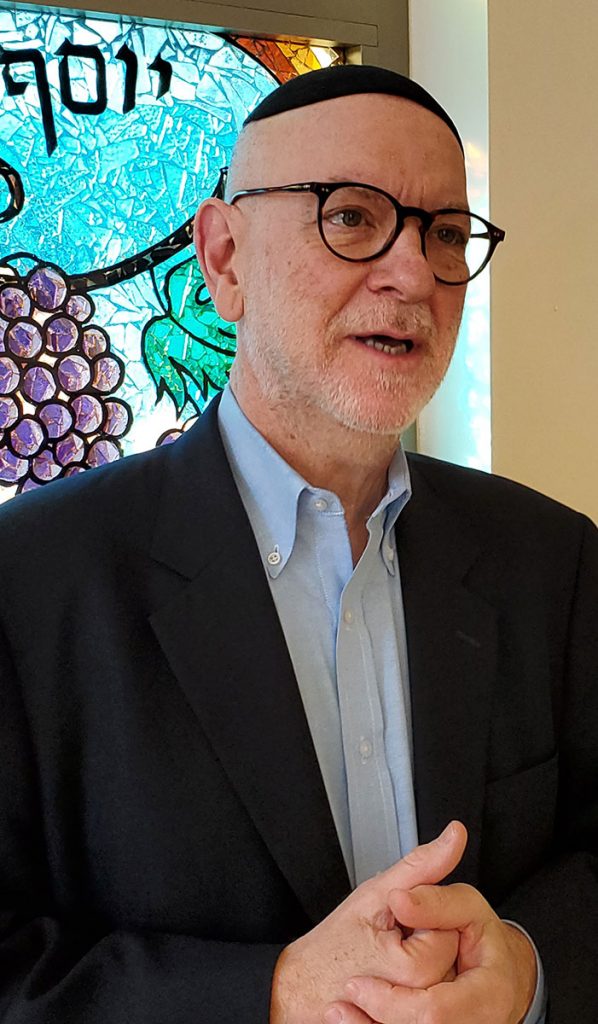
Way back when you were sitting in some Hebrew School classroom, one of your teachers may have told you that God wrote the Torah. Or alternatively, the teacher may have claimed that God dictated the Torah to Moses, who then wrote it down himself. You may or may not have questioned that tidbit of knowledge, but with maturity and a growing sense of independence, you may have entertained some doubts. Does God write books? Could Moses have been God’s secretary? And if the Torah was written the way other books get written, via human imagination, in what way could it be sacred? These are the kinds of questions that place our faith at odds with what we perceive to be the truth. And for us contemporary Jews who want to believe, but who want to believe without a suspension or worse yet, an offense of our rational selves, it’s problematic.
What about the afterlife? Is it real? For anyone who has sat down with the oft-quoted work, Pirkei Avot, you know that this sacred text begins with the words, “All of Israel has a share in the World to Come…” What does that “World to Come” look like? How can we be sure that it really exists? Do we simply accept its existence as a principle of faith? And if we believe that at death, we have come to an end, which is very much an end and no more, have we damaged our faith such that we are no longer good Jews—whatever that means?
I recently published a book entitled, “A Full-Figured Faith,” which is an examination of the interplay between faith and truth. For so many years, I have listened to the stories of Jewish people who have struggled to reconcile a principle of faith with their own understanding of truth. The dissonance between faith and truth leaves probing Jews in an uncomfortable space, not knowing whether their doubt and skepticism are kosher, and ultimately, whether they have betrayed the very faith they seek to embrace.
In speaking with Jews of unquestioning faith, I am struck with how they have been able to block the very questions that bother so many other believing Jews. By suppressing questions of science and reason, “the faithful” need not consider the challenge of evolution to the Biblical creation story, or how a growing body of knowledge about human sexuality might cast a different light on homosexuality, or the way the social advancement of women in our own time necessarily impacts women’s involvement in Jewish communal life. It’s a deep irony that the very people who isolate their faith from the impact of such questions are known as people with emunah sheleimah, full or perfect faith. It seems more the zealous defense of a thin or tenuous faith, one that could not withstand the penetrating questions of modernity. But that still does not answer the dilemma of Conservative or generally liberal Jews who may feel their skepticism has indeed compromised their faith.
There are three principles that may be of help to all Jews who feel caught between their faith and truth.
- Seeking truth and embracing faith are complementary. Traditional Judaism has forever linked truth to God, acknowledging that connection in daily prayers. We pray both day and night: Adonai Eloheikhem Emet—the Lord, your God, is Truth. We may not think of Isaac Newton as a prophet of God, but when he determined that force equals mass times acceleration, he lifted the veil on one of God’s blueprints of the universe. Many such scientific discoveries are the same. When we ascertain how the world works, we peer into the mind of God. Far from being a heretical act, it is yet another way to connect with God.
- There is no such thing as perfect faith. Some scholars have noted that there is not even a word in ancient Hebrew for perfection. Perfection is most likely a figment of the Greek imagination, and even they located it in the heavens above rather than on earth below. If we feel our faith to be in some way imperfect, that happily may be a mere confession of honesty, but not infidelity.
- A questionable article of faith need not be abandoned as much as redefined. Taking as an example the authorship of the Torah, and the possibility of humans having written it, how are we to regard it as sacred, having placed its provenance in the hands of flesh and blood? We can do so by thinking of God less as a Being and more like a Becoming, a sort of energy or dynamism that generates good within the world. Humans of talent and sensitivity can then access that energy to produce appealing works of enduring significance. When we hear a piece of music that moves us, or see a play that inspires us, or read a novel that energizes us, we have encountered a creation that has captured a smidgen of that divine energy. And when that creation is sanctified by an entire people, we then have a sacred work. People do create holiness. Our ancestors, who wrote the Torah, did just that.
Here’s the good news. Jews have a long and cherished tradition of questioning. The Passover seder hinges on four questions. Were we to remove the questions from the Talmud, we would substantially reduce its 2,711 double-pages to a fraction of its former self, and one not half as interesting. Our faith is a sacred part of our character and our questions no less. It is our questions that energize our pursuit of truth. Anyone who strives for a deeper understanding of the world is engaged in a sacred pursuit, one compatible with faith, and of that, I am certain, there is no doubt.
Rabbi Perry Raphael Rank is Senior Rabbi at Midway Jewish Center in Syosset, New York. He is also a past president of the international Rabbinical Assembly and co-editor of the widely used Moreh Derekh, a rabbi’s guide for ritual ceremonies.
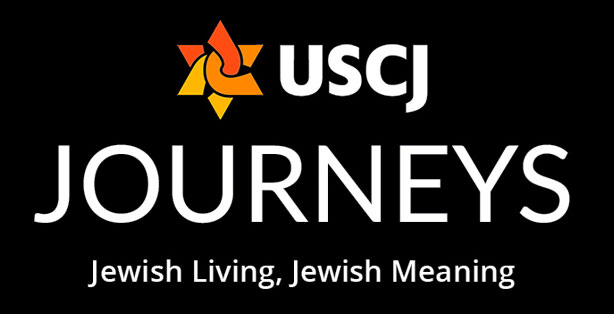
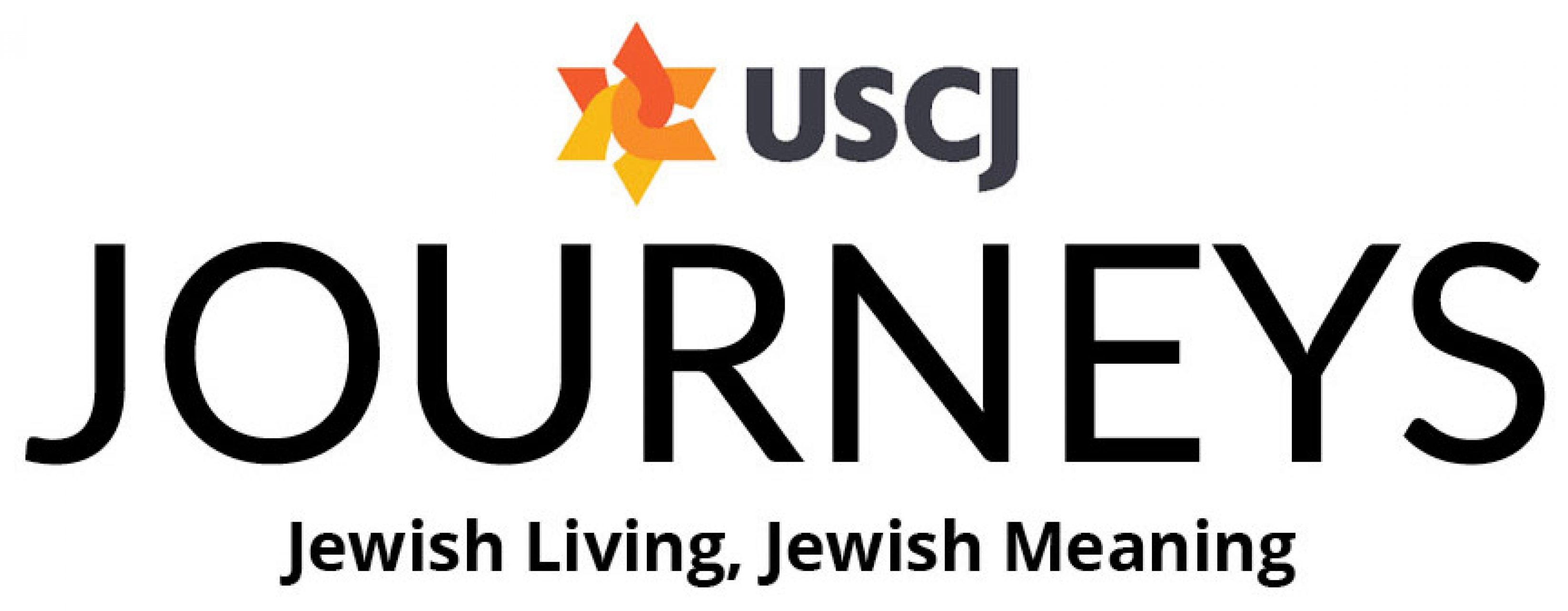
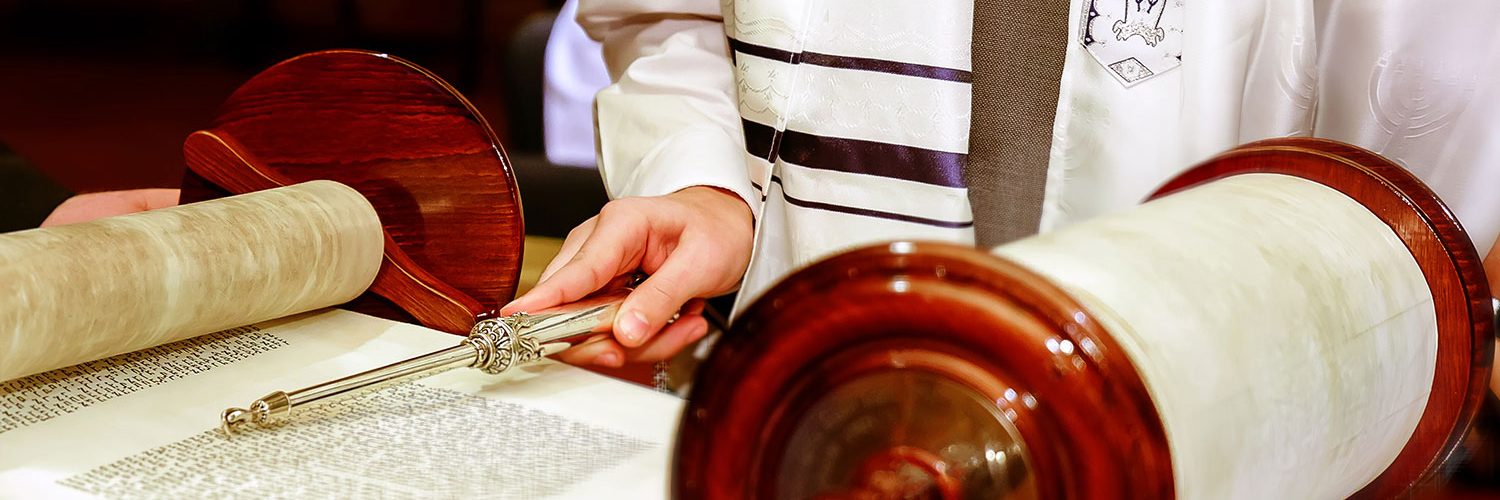


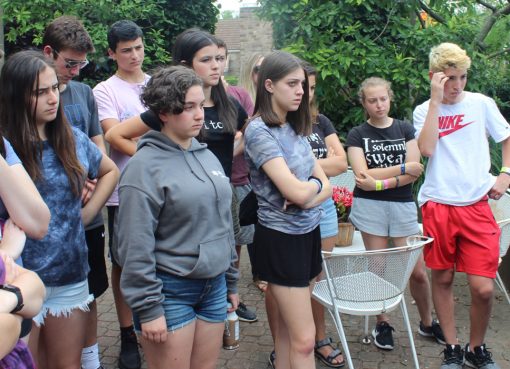


Comment here